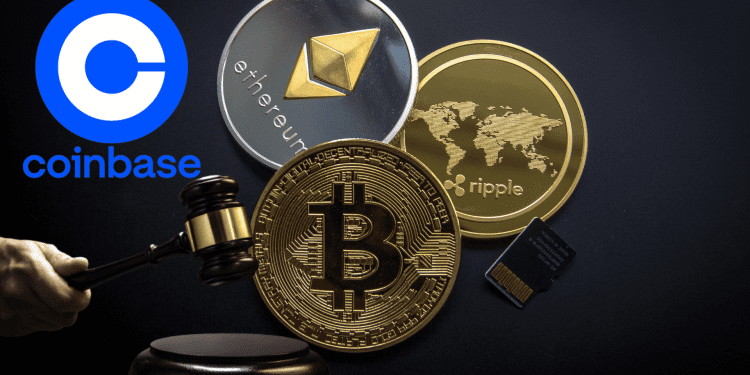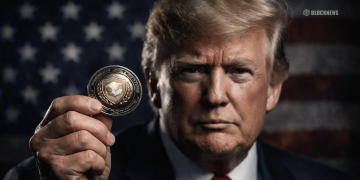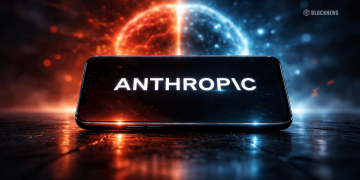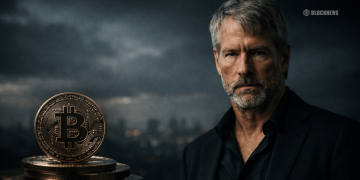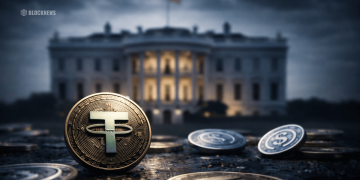- Coinbase argued in court that buying crypto on exchanges is more like collecting Beanie Babies than investing in stocks or bonds, seeking dismissal of an SEC lawsuit accusing it of selling unregistered securities.
- The SEC lawsuit filed in July 2022 alleges Coinbase sold unregistered securities between 2018-2020, including XRP, Kin tokens, and Lend tokens.
- The case centers on whether crypto token sales should be regulated like securities, with implications for the future of crypto regulation.
The biggest U.S. crypto exchange Coinbase argued in a New York federal court hearing that buying cryptocurrency on an exchange is more like collecting Beanie Babies than investing in stocks or bonds. The company was seeking dismissal of a lawsuit by the Securities and Exchange Commission accusing it of selling unregistered securities. The case centers on a key question – whether crypto token sales should be regulated like securities.
Coinbase Makes Beanie Baby Comparison in Court Hearing
Coinbase made the Beanie Baby comparison on Wednesday while arguing for dismissal of the SEC lawsuit over alleged unregistered securities sales. The SEC sued Coinbase in July 2022 for allowing trades of digital tokens that the agency contends were securities and should have been registered. Courts have been divided on whether crypto token sales constitute securities.
SEC Lawsuit Accuses Coinbase of Selling Unregistered Securities
The SEC lawsuit accuses Coinbase of selling unregistered securities on its exchange between 2018 and 2020. The tokens listed by Coinbase include Ripple Labs Inc.’s XRP, Kin tokens issued by the Kik messaging app and tokens in lending program Lend sold by LendDAO. The SEC contends these tokens are securities that should be registered with the agency.
Conclusion
The Coinbase hearing is the latest chapter in an ongoing legal battle over whether and how cryptocurrencies should be regulated. The SEC argues tighter regulation is needed to protect investors, while crypto advocates say excessive rules could stifle innovation. The case is being closely watched for implications on the future of crypto regulation.


